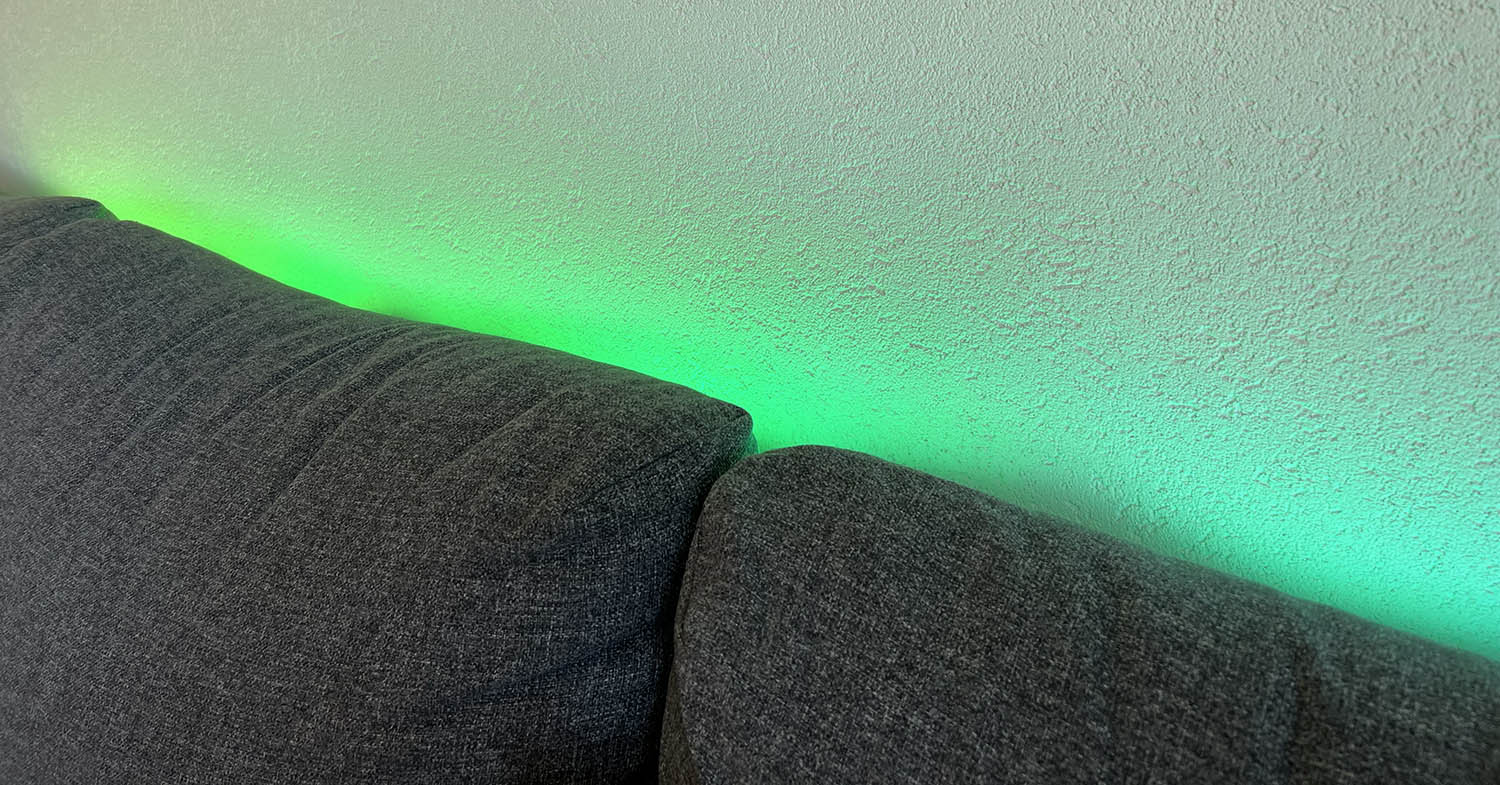The Luxembourg operator has outlined the future of the company, presenting its plan to launch new satellites for the coming months. And, although this is good news, it could also have consequences when it comes to enjoying our favorite content, since geographical restrictions could be applied. We tell you the details.
In Spain, most satellite antennas are oriented to Astra 19.2E, considered a key orbital position. Until now, the Astra 19.2 satellite was responsible for offering us a wide variety of content for our television, also allowing us to access it in several languages. Astra satellites are used to broadcast in both HD and UHD.
Astra satellites currently operating in the 19.2º orbital position provide service to 118 million homes, which translates into 43% of all European homes with television. The majority of homes with satellite in Germany, France and Spain receive content through Astra satellites, according to the company itself.
However, what is considered the second world company of the sector, has decided to renew the fleet of satellites that focus on this position. The objective is to maintain the premium services that it currently provides to its European video clients, while seeking to capture new opportunities in the region.
The announcement has caused some concern, since this move could mean the end of broadcasts as we know them today. Operators, depending on their policies, could apply certain geographical restrictions that could have a great impact on our daily lives.

Fleet renewal
Once the announcement was made, the company has presented the two ships that will replace the services they are currently providing: Astra 1KR, Astra 1L, Astra 1M and Astra 1N. From now on, all your activity will be collected through Astra 1P and Astra 1Q.
Together, both satellites “will facilitate content distribution operations on the main European channels and offer connectivity services on the continent,” Astra stated.
In the first case, the Astra 1P It will be responsible for providing a wide range of services throughout Europe and is based on the Spacebus Neo platform. It is a classic wide-beam coverage satellite that will reinforce SES’ television services. This satellite will allow content owners in Germany, France and Spain to continue broadcasting satellite television channels with the best image quality, in addition to being much more profitable.
Meanwhile he Astra 1Q model It is a new generation digital satellite with a mix of wide and focused beams. One of its characteristics is that the flexibility it offers makes it easier to implement in other orbital positions. So, in the future, it will be much easier to respond to the dynamic demands of your clients for data and video. Both satellites mentioned previously will have directional beams Astra 2E, Astra 2F and Astra 2G. That is, 28.2º East and Eutelsat 9B.
“The two new satellites will have the resiliency and reliability our video customers need, and will deliver premium services continuously from launch well into 2040,” said Steve Collar, the company’s CEO at the time, in a statement. the year 2021.
Service restriction
However, and although at first this service could be good news, the reality is that its announcement has not been as positive as expected, as we previously anticipated. The reason is that the different broadcasting organizations that take advantage of its signal could, from now on, have the possibility of set limits on scope of its emissions geographically. In this way, content could be restricted in different countries, depending on the policies of each operator.
The users of Movistar Plus+, For example, they could find themselves in the situation described previously. You may be faced with the situation that your broadcasts for the Spanish market could be available exclusively within our borders, not being possible to access them from anywhere. another country on our continent.
Just as it would happen in the opposite direction: it is possible that many platforms that until this announcement were available to be viewed from our country, will soon begin to stop providing services, with the prejudice that this could entail in terms of user experience. user.














